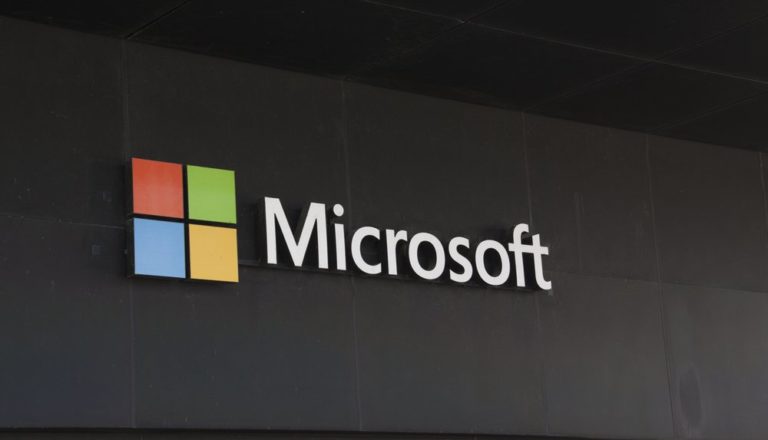Last Friday, Microsoft signed a five-year contract with the U.S. Department of Defense. According to the Pentagon, the contract, in which the company will provide business services for the ministry, will cost $1.76 billion.
The Pentagon reports this in a message to the Reuters news agency, among others. The intention is that Microsoft will soon provide business services for the Ministry of Defence. The fact that Microsoft wins this contract is seen by many analysts as an important victory for the company in the battle for the JEDI contract.
Race to JEDI
The JEDI contract is a very lucrative deal in which the Pentagon wants to switch to the cloud. It is looking for a single provider that can provide all cloud services for ten billion dollars. This also includes the complete transition to the cloud by the US Department of Defense.
Microsoft is one of the companies competing for this. This is despite the fact that Microsoft’s staff already stated in an open letter that they do not support this. The main fear is that the company’s AI will be used for military purposes. The company, as it said in October, is not worried about this.
Microsoft is certainly not the only company in the race for this lucrative contract. The companies Amazon, IBM and Oracle are also involved. Google initially wanted to participate, but after protests from staff members it decided to withdraw. In addition, Oracle recently sued the US government for the way in which the tender procedure for the contract had expired.
Crux of the matter was the fact that the Pentagon only wanted to choose one supplier for its cloud contract. According to Oracle, this was contrary to certain requirements of U.S. law and also not in line with the general strategy used within the cloud sector.
It is not yet clear when the JEDI contract will be awarded. Industry experts assume that Amazon’s AWS is the most important candidate. However, the fact that Microsoft has been awarded this other contract could be an important step.
This news article was automatically translated from Dutch to give Techzine.eu a head start. All news articles after September 1, 2019 are written in native English and NOT translated. All our background stories are written in native English as well. For more information read our launch article.